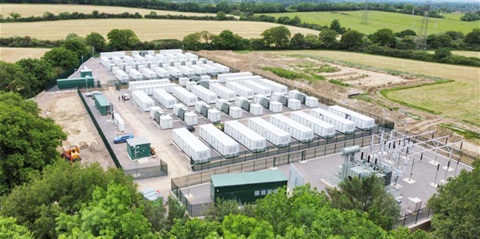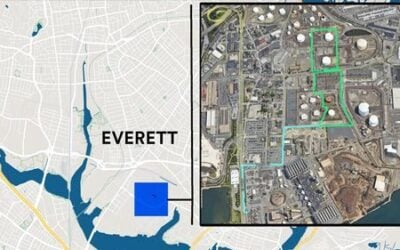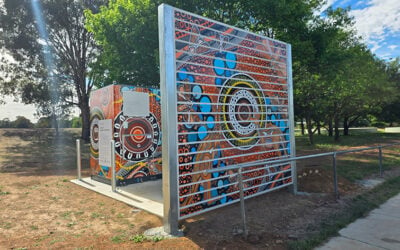
Leeton Shire Council, in New South Wales (NSW), Australia, has rejected a voluntary planning agreement offer submitted by developer ACEnergy, for a 250MW/1,100MWh battery energy storage system (BESS).
The Yanco BESS, which will span an area of around eight hectares, would be located 5km south of Leeton, around 500km to the west of the state capital, Sydney. It would store energy generated from a nearby large-scale solar PV project and will cost around AUS$250 million (US$160 million) to construct.
ACEnergy submitted a State Significant Development application (SSD) to NSW Planning for the BESS earlier this year. An SSD provides an alternate approval pathway for projects or sites considered to have state significance.
As part of this application, the Planning Secretary issued a Secretary’s Environmental Assessment Requirements (SEARS) assessment, which specifies what issues must be addressed in the Environmental Impact Statement.
Try Premium for just $1
- Full premium access for the first month at only $1
- Converts to an annual rate after 30 days unless cancelled
- Cancel anytime during the trial period
Premium Benefits
- Expert industry analysis and interviews
- Digital access to PV Tech Power journal
- Exclusive event discounts
Or get the full Premium subscription right away
Or continue reading this article for free
ACEnergy is an Australian renewable energy developer which to date has delivered more than 30 projects, totalling 1.1GW of capacity and has a development pipeline of 2.7GW, according to the company’s website.
ACEnergy lists seven large-scale battery storage projects in development across various Australian states, as well as a partnership to deliver distributed-scale energy storage with investment group Sustainable Energy Infrastructure (SEI).
ACEnergy’s proposed payment less than 30% of current levy
For the construction of the project, ACEnergy would be required to pay a development levy, which, under Leeton Shire Council’s Section 7.12 Plan, amounts to 1% of the development cost. In this case, ACEenergy would be required to pay the council AUS$2.5 million.
In a bid to reduce this amount ACEnergy, the developer submitted a Voluntary Planning Agreement (VPA). This deal would have seen the company pay AUS$730,000 over five years – 29% of the traditional VPA.
Indeed, ACEnergy proposed an upfront payment of AUS$250,000 at the commencement of the project’s commercial operations. A further AUS$480,000 would then be paid at the start of the fifth year of operation. The company also said it should be excluded from the mandatory development levy as it is also establishing a community benefit fund to support the local population.
The Council rejected this proposal and reached a decision at a meeting last week (24 July). According to a statement released by the council, the councillors felt the 1% in developer contributions would go a long way in providing funds for public facilities and other long-term development pressures. The council also believed the figure is a “reasonable amount relative to the size of the project”.
During the council meeting, a key point raised was the unfairness of expecting potential home builders to pay the same levy to construct a property, regardless of their financial stability, unlike ACEnergy, a large corporation.
One councillor said: “The VPA is not even 30% of what they would have paid under our contributions. This development has an estimated development cost of around AUS$250 million.
“The developer is a very big corporate body. If mums and dads built a new home in Leeton, they buy a 1% contribution. It’s just as hard for them to pay as it is for this company to buy theirs.”





